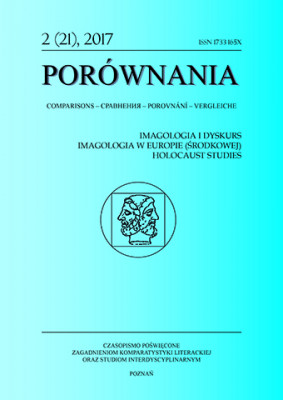Russian, Jewish Or Human? Jewish Mystical Thought In The Poetry Of Bulat Shalvovich Okudzhava.
While looking at the literary output of Bulat Shalvovich Okudzhava from the perspective of imagology, one can see that the image of “the Other” in the poems of the Russian bard was created, paradoxically, just by this “Other”, and it was not constructed by the images (imagines) intrinsically present in the consciousness of the ethnocentric “Self” or “The Same”. In other words, in the case of Okudzhava’s poetry, the image of “the Other” stands on the basis of some ideas of Jewish mystics and the ones of Jewish philosophers of dialogue (Martin Buber, Franz Rosenzweig and Emmanuel Lévinas). Therefore, the aim of this article was to present the motifs stemming from Jewish mysticism in the poems-songs by Okudzhava which, as it seems, influenced theological, anthropological and ethical views of the bard. The distinctive feature of Okudzhava’s philosophical approach is perceiving every person, regardless of their ethnic or cultural origin, as a being responsible for themselves in the process of constituting themselves in their humanity. The same person is also responsible for other people, for the world of nature, and even for an impersonal and non-anthropomorphic godhead who does not intervene in human affairs. Therefore, Okudzhava – similarly to Jewish mystics – regards the human being as a co-creator of reality, obliged to perform ethically positive acts and respect an old Kabbalistic postulate tikkun ha-olam - “to mend the world”.
| Article Title | Type | Size |
|---|---|---|
| Porownania 21 2 2017 15 Kornacka Sarelo | [pdf] | [276 KB] |
